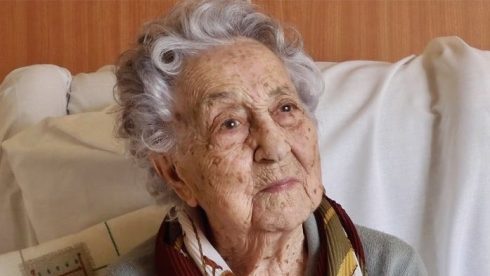SPAIN’S Ministry of Health has announced it is developing an action plan to battle the Wuhan coronavirus (2019-nCoV) in the small chance it enters the country.
The virus, which has infected 404 people and killed nine, is believed to have come from a meat market in Wuhan, China.
In a report by Spain’s Centre for Coordination of Health Alerts and Emergencies (Ccaes), the risk of the virus reaching Spain ‘is at this time, considered very low.’
However the virus has already reached the US after a patient in Washington DC became the first person infected outside of Asia.
Despite the low risk, Spain is reviewing its response protocols and is preparing a symptom survey for citizens.
Spain has no direct flights to Wuhan, however the number of visitors from China is expected to surge in the coming weeks for the Chinese New Year holidays.
The Ccaes report adds that if there is a case reported in Spain, the impact on public health will be low given that the virus can only be transmitted by close personal contact.
According to experts from the Animal Health programme of the Institute of Agrifood Research and Technology (IRTA), based in Barcelona, ??2019-nCoV is less aggressive than other known coronaviruses.
It is from the same family as SARS (Severe Acute Respiratory Syndrome), and MERS (Middle East Respiratory Syndrome), diseases which are transmitted from animals to humans, but also have the ability to be transmitted between humans.
Called coronaviruses due to the pathogen’s shape, they affect the respiratory tract – especially the lungs – causing serious illness and in some cases death.
The main symptoms are more intense than a flu, with fever, pain and respiratory problems.
The World Health Organisation is holding an emergency committee today to assess whether the outbreak constitutes an international public health emergency.









